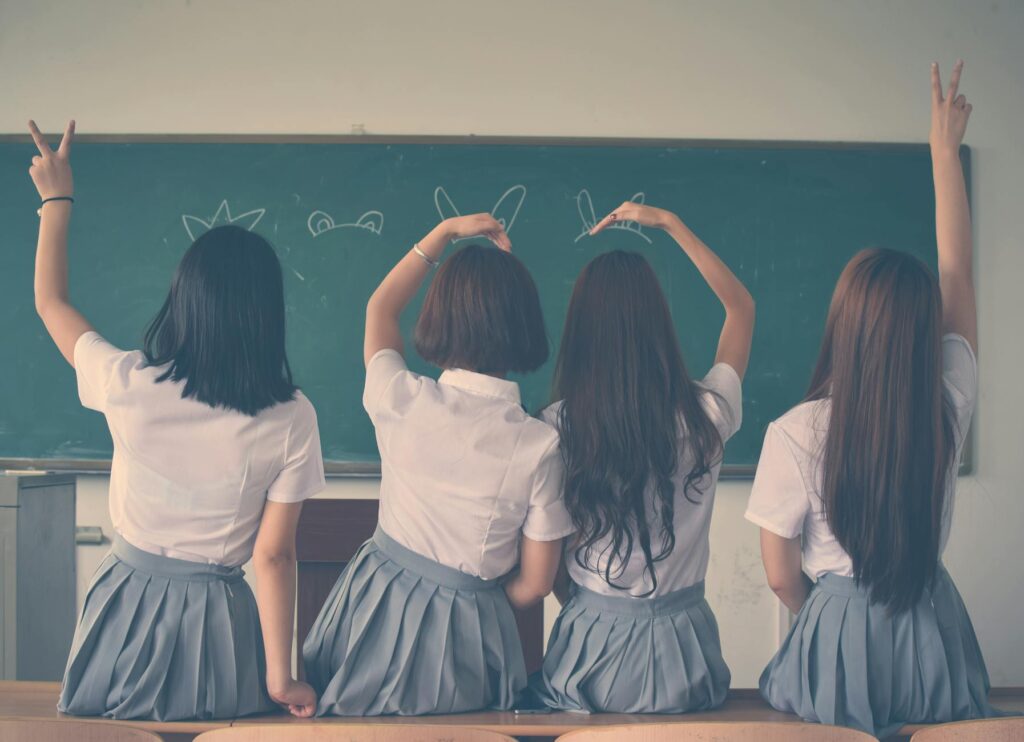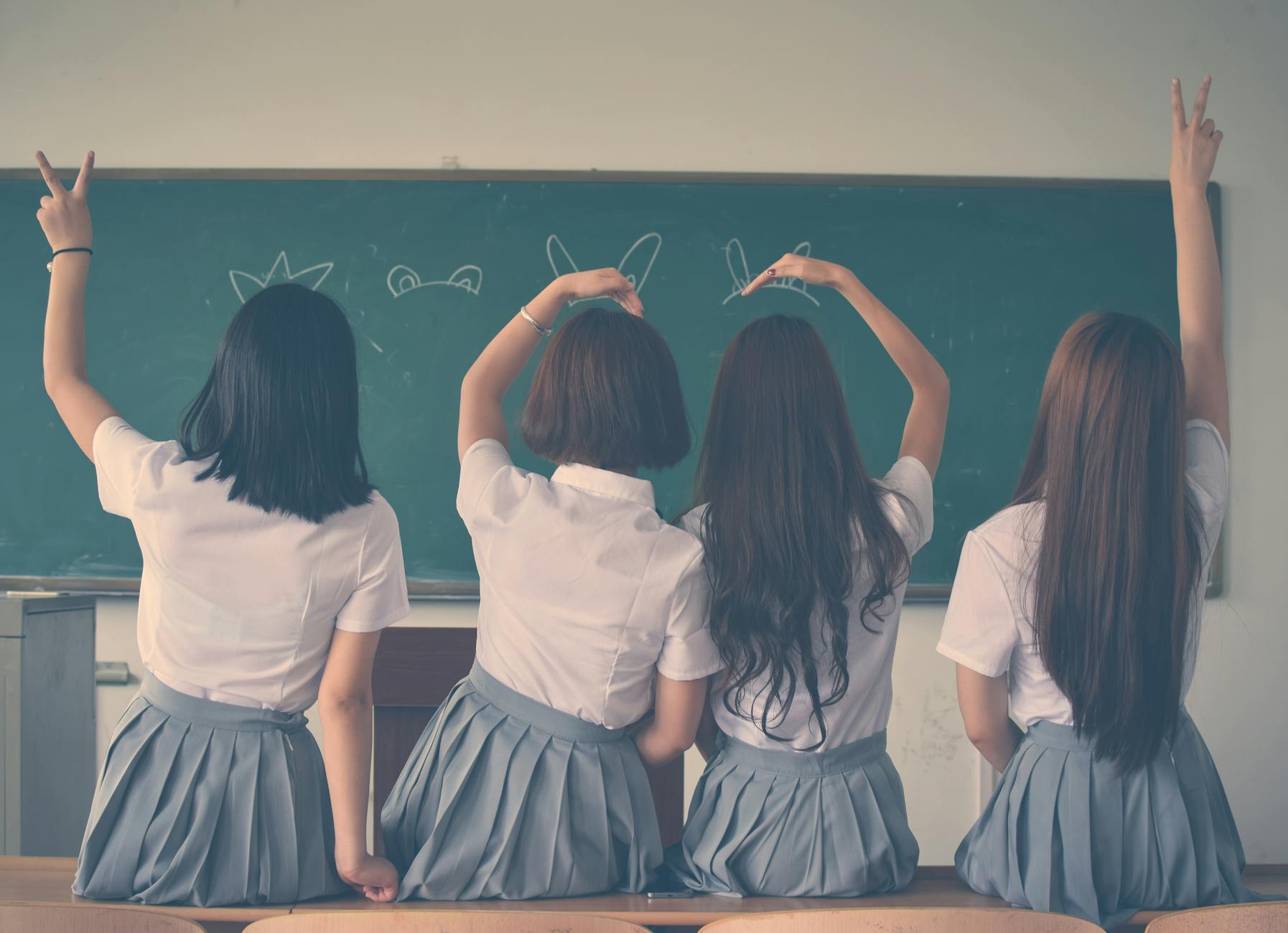What is social learning theories?

What is social learning theories?
Social learning theories offer a compelling framework for understanding how individuals absorb knowledge and develop behaviors through social interactions. By examining these theories, we can enhance personal development and refine effective study habits. In a world where collaboration is key, embracing social learning can significantly transform how we learn and grow.
Understanding Social Learning Theories
Social learning theories emphasize that learning occurs not only through direct experience but also by observing others. This approach recognizes the power of social contexts in shaping behaviors and attitudes. It suggests that individuals can learn new skills and behaviors by watching others, modeling their actions, and receiving feedback.
The Role of Observation
Observation is a cornerstone of social learning. Have you ever noticed a child mimic their parent’s actions? This natural tendency illustrates how observation can lead to knowledge acquisition. By watching others, individuals can learn complex behaviors without experiencing them firsthand.
For example, consider how students may learn math concepts by observing their peers tackle problems or how new employees adopt workplace practices by observing seasoned colleagues. These scenarios highlight the immense potential of observational learning in both academic and professional settings.
Modeling Behavior
Modeling plays a vital role in social learning. When individuals witness someone successfully executing a behavior, they’re likely to imitate it, especially if the model is perceived as competent and relatable. This process reinforces the idea that behaviors can be learned by simply witnessing them in action.
Modeling isn’t limited to skills; it encompasses attitudes and values as well. For instance, if a teacher consistently demonstrates enthusiasm for learning, students are more likely to adopt a similar mindset. This dynamic interaction between models and learners shapes the learning environment significantly.
Key Contributors to Social Learning Theories
Several psychologists have contributed to the development of social learning theories, each adding depth and nuance to our understanding of this learning process.
Albert Bandura’s Influence
Albert Bandura is perhaps the most influential figure in social learning theory. His groundbreaking research, particularly the Bobo doll experiment, provided compelling evidence for observational learning. In this experiment, children who observed adults behaving aggressively towards a doll were more likely to imitate that behavior when given the opportunity.
Bandura’s work emphasized that learning occurs in a social context, reinforcing the idea that individuals aren’t just passive recipients of information. Instead, they actively engage with their environment, learning from both successes and failures. For an in-depth exploration of Bandura’s theories, check out Albert Bandura’s Social Learning Theory.
Other Notable Theorists
While Bandura is well-known, other theorists have also made significant contributions. Julian Rotter, for example, introduced the concept of locus of control, which considers the extent to which individuals believe they can control events affecting them. His work complements Bandura’s theories by highlighting the importance of cognitive processes in learning.
When we combine insights from various theorists, we gain a richer understanding of how social learning can be applied in different contexts.
Applications of Social Learning Theories
Social learning theories have widespread applications across various fields, including education, therapy, and workplace training.
In Educational Settings
Schools that integrate social learning strategies into their curriculum can create more engaging and effective learning environments. For example, group projects allow students to learn from one another while developing collaboration skills. Teachers can facilitate this by modeling positive behaviors and providing opportunities for peer feedback.
The practical applications of social learning theory in education can address behavioral issues and promote a positive learning atmosphere. For more insights on how to implement these strategies, refer to this Guide to Social Learning Theory in Education.
In Workplace Environments
In workplace settings, social learning theories enhance training and development programs. Organizations can foster a culture of learning by encouraging employees to share knowledge and experiences. Mentorship programs, where seasoned employees model best practices for newcomers, can significantly accelerate the onboarding process.
Additionally, social learning can improve team dynamics, as individuals learn to navigate challenges collaboratively. By integrating social learning principles, companies can create environments that support continuous improvement and innovation.
Challenges and Critiques of Social Learning Theories
Despite their many benefits, social learning theories are not without challenges and critiques.
Limitations of Observational Learning
One common criticism is that observational learning has its boundaries. Not all behaviors can be acquired through observation alone. Some skills require hands-on practice or direct experience to master fully. For example, while someone can watch a video on how to play the guitar, they still need to practice the physical act of playing to become proficient.
Cultural and Contextual Considerations
Social learning is also influenced by cultural and contextual factors. Different cultures may have varying approaches to learning, which can affect how social learning theories are applied. Recognizing these differences is crucial for effectively implementing social learning strategies in diverse environments.
Conclusion and Future Directions
Social learning theories play a vital role in our understanding of how we learn and grow as individuals. By emphasizing the importance of observation, modeling, and social interactions, these theories can foster personal development and enhance learning strategies. As we navigate an increasingly interconnected world, embracing social learning principles will undoubtedly shape the future of education and professional development.
For those interested in diving deeper into the practical applications of social learning, there are numerous resources available that explore its impact in various settings. By integrating social learning theories into our lives, we can continuously improve our skills and knowledge while fostering a collaborative spirit.

Photo by 周 康